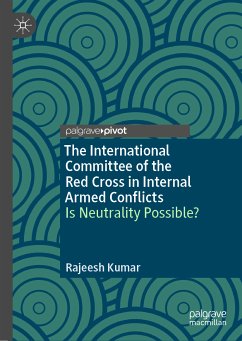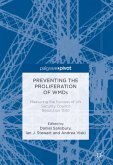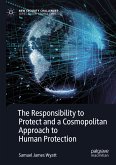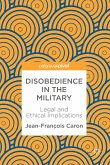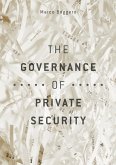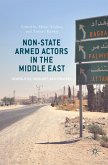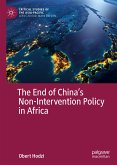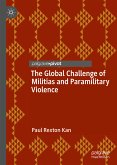This book critically examines the possible dilution of the neutrality principle of the International Committee of the Red Cross (ICRC) in internal armed conflicts. It begins with the proposition that the intervention of ICRC in internal armed conflicts led to compromises in neutrality, and questioned the autonomy and independence of the organization. The book also argues that the field operations of the international humanitarian organizations during internal armed conflicts are dependent on the authority exercised by the state in whose territory the conflict persists. The ICRC's involvement in Sri Lanka and Sudan provides empirical support to validate these propositions and arguments. The cases also show that for the ICRC, it is hard to be neutral and impartial in situations of internal armed conflicts and such conflicts present formidable challenges to maintain its organization autonomy as well.
The larger purpose of the book is to contribute to the policy re/formulation of the international humanitarian organizations in internal armed conflict, the most significant challenge in the field at present.
Dieser Download kann aus rechtlichen Gründen nur mit Rechnungsadresse in A, B, BG, CY, CZ, D, DK, EW, E, FIN, F, GR, HR, H, IRL, I, LT, L, LR, M, NL, PL, P, R, S, SLO, SK ausgeliefert werden.

